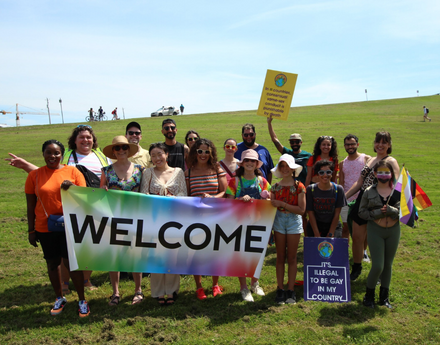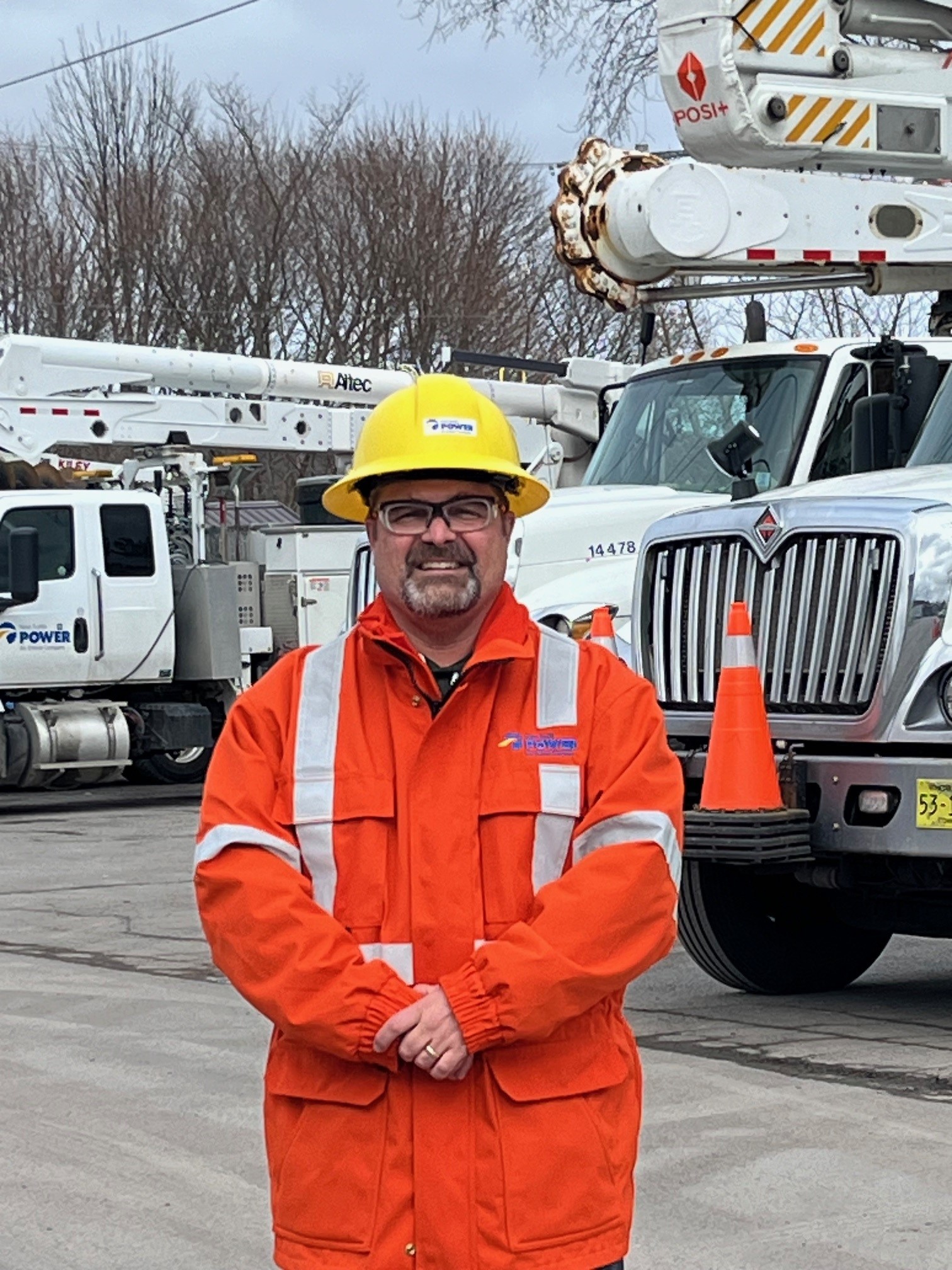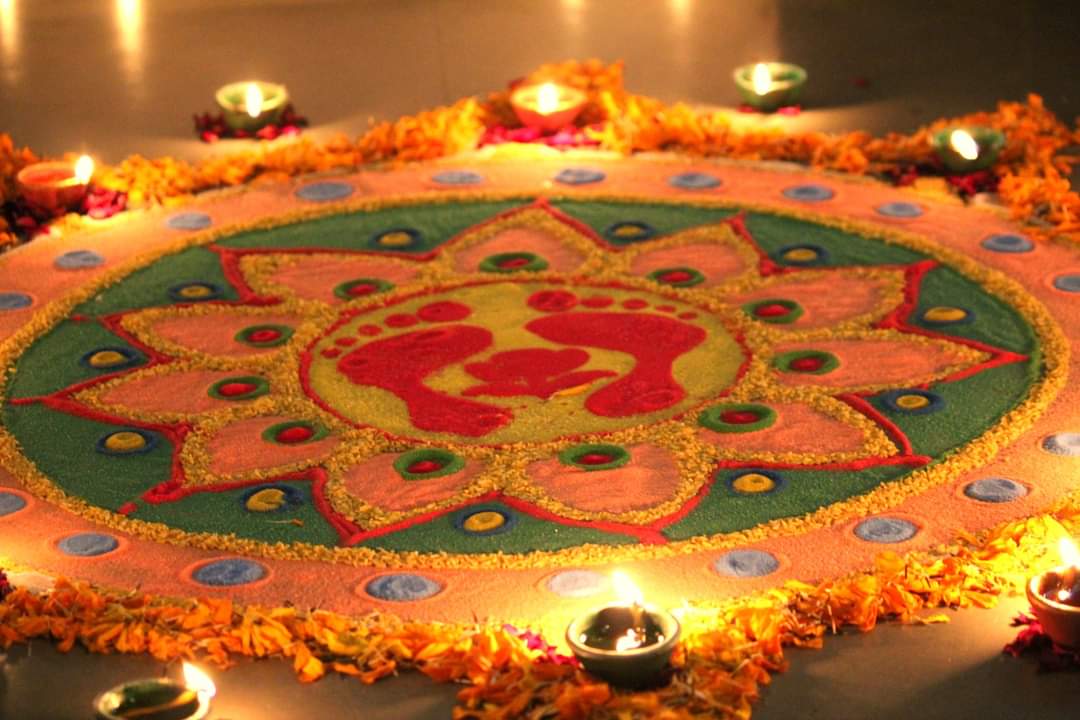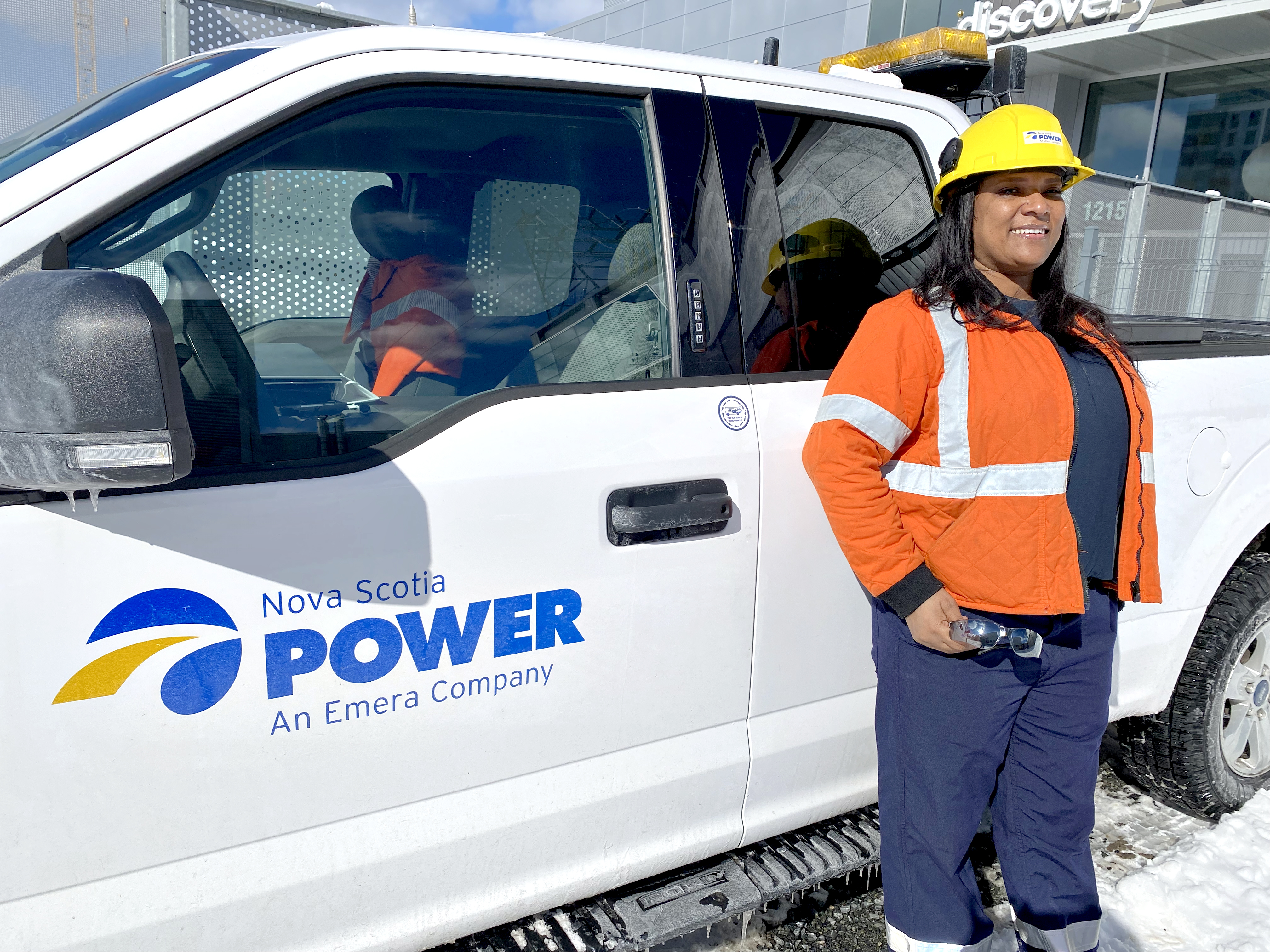For newcomers trying to settle in Nova Scotia, navigating the refugee system can be overwhelming. It’s no easy task—it takes significant amounts of energy, time and money. And this task becomes increasingly more challenging when the refugees belong to the LGBTQI+ community.
LGBTQI+ people around the world face inequality, violence, torture and even execution because of their sexual orientation, gender identity and expression, and sex characteristics. So they seek asylum in countries like Canada and hope to settle in fast-growing provinces like Nova Scotia.
Once a person has been granted refugee status, they are also often faced with increased difficulties settling in their newfound community—such as language barriers, financial worries and mental health issues that may arise from fleeing their country.
- What can you tell us about Rainbow Refugee NS?
“The Rainbow Refugee Association of Nova Scotia was founded in 2011, with a group of community members who came together to sponsor a queer refugee. They raised about $12,000, put in some applications and two years later a refugee arrived in Canada.
Since then, we've been able to resettle 32 LGBTQI+ newcomers in Nova Scotia. And we're continuing this work to this day.”
- How do you support refugees trying to settle here in Nova Scotia?
“We support newcomers settling in Nova Scotia by providing 12 months of financial and settlement support. Oftentimes, it takes longer for newcomers to adjust to life in Canada—so the support is sometimes extended beyond that first-year settlement.
The first year includes many important steps. To start, we help them find housing, set up a bank account and learn or orient themselves to living in a new area in Nova Scotia.
It also includes some fun social things like organizing bowling with other LGBTQI+ newcomers; or exploring Point Pleasant Park and the beauty of the ocean and the nature right in the city. Sometimes it's just going for a walk with people and listening to them talk about their lives.
During the settlement support process, we make sure to let newcomers be the experts of their own experiences. They know what's best for them, and we lead with what they want to achieve.”
- What can you tell us about the circle of care?
“Rainbow Refugee NS provides settlement support through a Circle of Care model. We take a staff member and a group of volunteers, around five of them, and pair them with a newly arrived LGBTQI newcomer.
The group provides a support network through consistency and community to newcoming individuals, couples or families during their first year in Nova Scotia. This is a group of individuals that newcomers can reach out to for assistance with applying for jobs, talking about applying for education, learning what are the best prices at a grocery store or what's reasonable for the cost of cheese in Nova Scotia.
This group creates a beautiful community around newcomers, which helps foster that connection and integrate people into life in Nova Scotia.”
- How is helping those refugees settling in Nova Scotia beneficial to rural communities in Nova Scotia?
“I strongly believe that a more diverse world is a more beautiful world. And I think that we need to put more energy into settling individuals into rural Nova Scotia.
There can be this perception that if somebody arrives in Canada, they want to be in a big metro area, where there are more services, access to facilities or more people. But the truth is some people like a rural life and living in smaller communities.
It's important that we meet those individuals where they’re at and help them thrive in those rural locations.”
- What type of support does Rainbow Refugee NS need to help support newcomers?
“We can’t do this work without the support of our communities. We spent our first eight years as an organization strictly volunteer run and driven, but we’ve been able to hire new staff members in recent years.
Support for us can be making donations, to enable the work that we do. It costs about $15,000 to provide financial support for one refugee.
You can also like comment, subscribe and share our news on social media. We are on Facebook, Twitter and Instagram and have a very lovely and active newsletter.
Other support can just be having conversations about why immigration is important, why newcomers make our community a better place, and how we can continue to create a more beautiful Nova Scotia.”

Since 2013, Rainbow Refugee NS has privately sponsored more than 32 individuals and has supported many more government-assisted refugees from countries in Africa, Latin America and the Middle East.
They’re continuously fundraising to sponsor and resettle more refugees, and they work closely with Immigrant Services Association of Nova Scotia (ISANS) to help accomplish that.
Because Rainbow Refugee NS is focusing on settling more individuals into rural Nova Scotia, we’re supporting them through a financial contribution—to help expand their Circle of Care across the province.
Rainbow Refugee NS is always looking for dedicated volunteers to join and help provide support to newcomers through their Circle of Care.
“Volunteers make this work possible,” said Rhiannon. “And I can say this is has truly been some of the most important, passionate and heart-fueling work I’ve ever done—working with LGBTQI+ newcomers is beautiful. So if this interests you, and this is a community you want to uplift and support, please reach out to us.”







